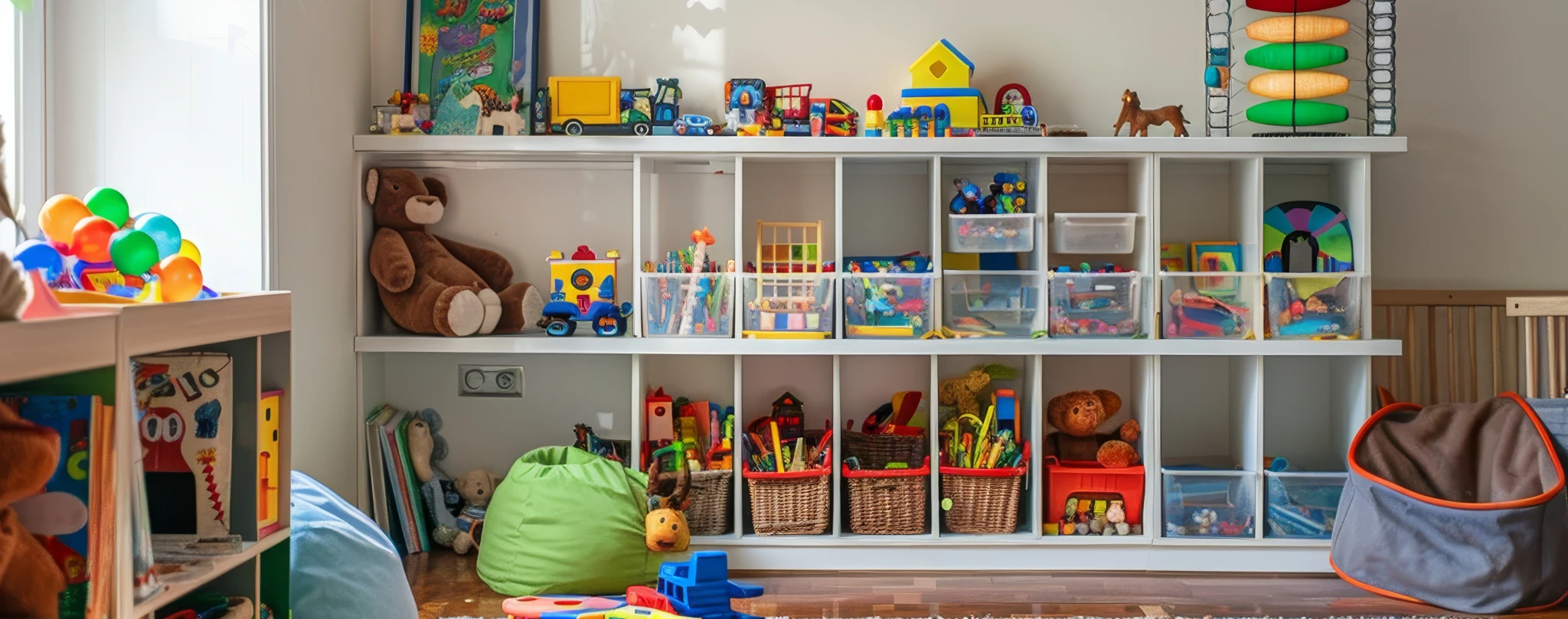Growing Minds
Give your child the opportunity to play, learn and grow in a loving, supportive environment.
What You Will Get in This Service
At Bright Behavioral Health, we understand that toddlers are in a key stage of development where early intervention through ABA therapy can make a significant difference. Our Toddler ABA Program is built to provide a structured, nurturing, and engaging environment that supports emotional, social, cognitive, and behavioral growth through evidence-based methods.
Our Approach to Toddler Care
We use individualized ABA strategies to promote skill development and reduce challenging behaviors. Our team creates a flexible yet structured routine tailored to your child’s unique needs, using play-based learning to reinforce positive behavior and developmental progress.
What We Offer:
Targeted Skill-Building Activities
Our Board-Certified Behavior Analysts (BCBAs) and Registered Behavior Technicians (RBTs) work with toddlers on communication, motor skills, and behavior regulation through guided activities such as imitation games, functional play, and language-building exercises.
One-on-One Attention
Each child receives personalized support through one-on-one ABA therapy sessions. This allows us to focus on their individual goals, track progress, and adjust interventions as needed.
Social and Emotional Development
Our therapists integrate social skills training into daily sessions, helping toddlers learn how to express emotions, engage with peers, take turns, and build confidence.
Safe, Supportive Environment
We follow strict safety protocols and maintain a clean, secure environment. Our team is trained in child safety and crisis prevention, ensuring peace of mind for families.
Parent Collaboration
We believe in working as a team. Parents receive daily session notes, behavior tracking data, and ongoing communication to stay connected and involved in their child’s progress.
Our Daily Routine:
Morning Sessions: Skill acquisition through discrete trial training (DTT), natural environment teaching (NET), and structured play. Group Learning Time: Storytelling, music, and language games to foster early communication.
Social Circles: Group activities that teach interaction, listening, and following instructions.
Movement Breaks: Time for physical activities that help with sensory needs and gross motor development.
Afternoon Reinforcement: Continued therapy with a focus on generalizing learned skills and preparing for transitions.


